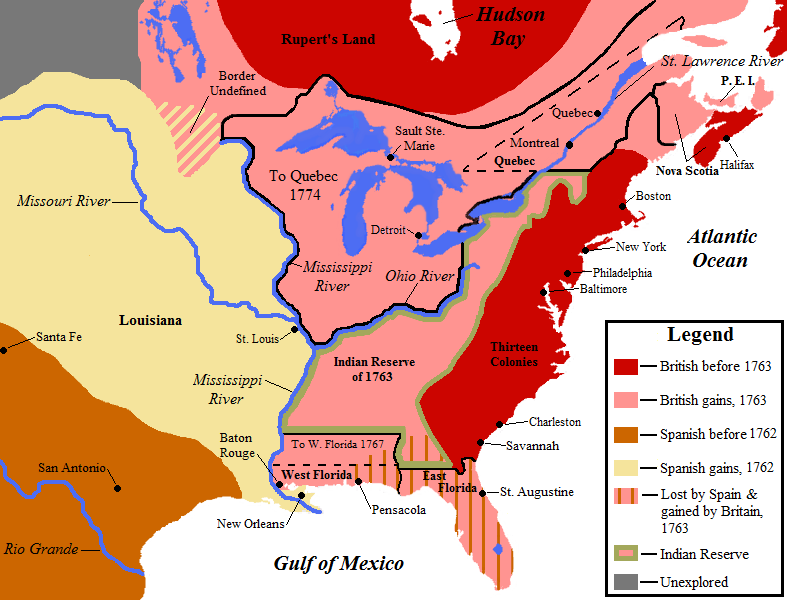Issues After The Seven Years’ War

The British Parliament would not only start to create laws that were forced on the colonies, but they would start to expect the colonists to abide by long standing laws that even Parliament had ignored since the beginning of the colony. To the colonists, this change was very upsetting, since they were used to being free to do whatever they wanted. Any change in the structure that they were used to was seen as a drastic theft of their rights as American colonists, no matter how small. This reaction was shocking to the British, who couldn’t comprehend people being highly upset when they were asked to pay taxes that were still 1/26th of what the people in England were paying. Despite these issues a host of new (and re-implemented) laws were
introduced to the American people, including the Navigation Act (1651), the Sugar Act (1764), the Quartering Act (1764), and the Stamp Act (1765).
One of the most controversial early laws that colonists rejected was the Proclamation of 1763. The British were aware that the Native American people were upset about the consistent expansion of colonists into their lands and wanted to halt this movement to keep relations calm with the Native Americans. It was perfectly understandable to the British for this to happen since they were worried about France continuing to instigate issues between the Native Americans and the colonist, so any deal to calm these fears would be appreciated. The colonists, however, were highly upset because they believed they had been fighting for the right to settle in these areas during the Seven Years’ War. Colonists would ignore this law that bound them on the eastern side of the Appalachians, and start to move west to settle anyway. This open defiance of a deal that the Native Americans had signed would cause continuous fighting for the foreseeable future.
The colonists would reply to these changes by coming up with their own logical arguments to refute the necessity of these laws. The most logical argument that was developed during this time was the fact that the British were technically breaking the Magna Carta (their constitution) by taxing the colonists without giving them representation in Parliament. The British instead viewed the American colony as “virtual represented” because of the logistical problems that would come from representatives having to constantly sail between England and the colony. In their view, any representative would spend so much time in transit that it would be impossible to do their job well (not really knowing the needs of their people). The slogan “Taxation without Representation” would be used by the colonists for years as a legal reason for their problems with Britain. It should be noted, though, that most colonists weren’t actually interested in fixing the representation problem, but in going back to the freedom they had before the Seven Years’ War.
